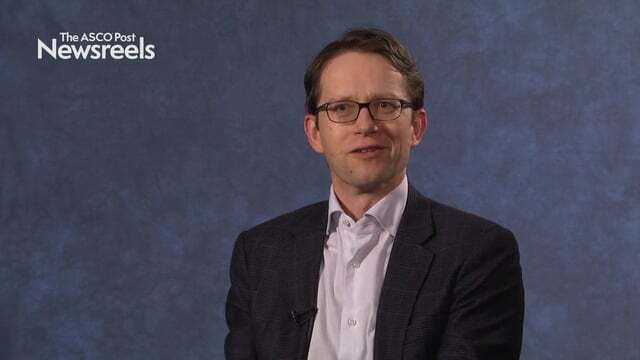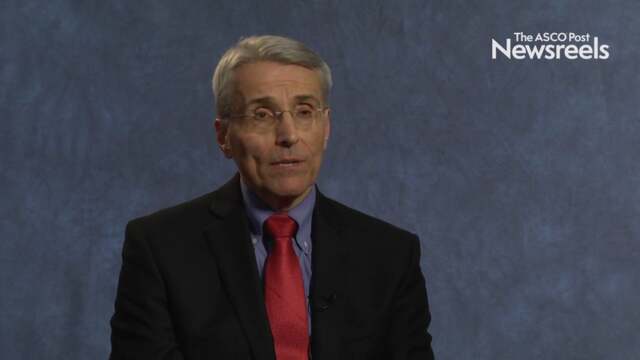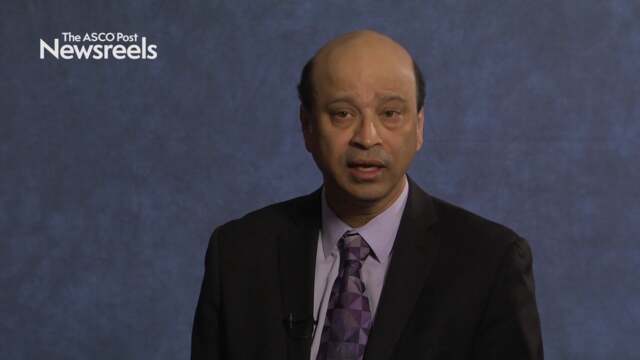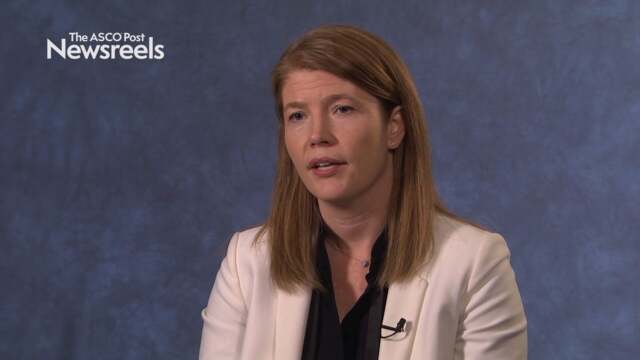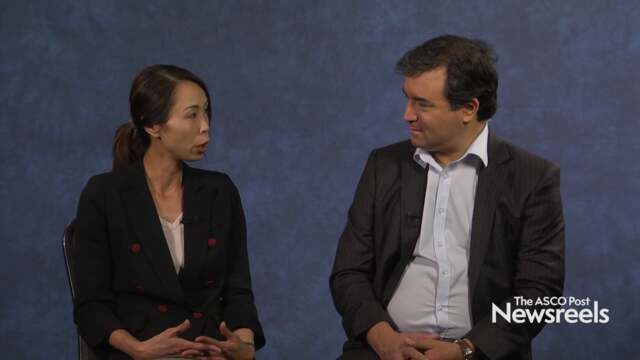Matteo Lambertini, MD, on Preserving Fertility in Patients With Early Breast Cancer: Pooled Analysis
2017 San Antonio Breast Cancer Symposium
Matteo Lambertini, MD, of the Institut Jules Bordet, discusses the results of five clinical trials investigating temporary ovarian suppression with gonadotropin-releasing hormone analogs during chemotherapy as a strategy to preserve ovarian function and fertility in premenopausal early breast cancer patients (Abstract GS4-01).
Nicholas C. Turner, MD, PhD, of The Royal Marsden Hospital NHS Trust, discusses the challenges of treating metastatic breast cancer and how liquid biopsies can serve as a guide to genetic phenotypes.
Richard Pazdur, MD, of the U.S. Food & Drug Administration’s Oncology Center of Excellence, discusses the rapid changes in evaluating and approving new and effective agents, incorporating the view of patients in the process, and modernizing clinical trial design with broader eligibility criteria.
Debu Tripathy, MD, of The University of Texas MD Anderson Cancer Center, discusses phase III study findings on first-line ribociclib vs placebo with goserelin and tamoxifen or a nonsteroidal aromatase inhibitor in premenopausal women with hormone receptor–positive, HER2-negative advanced breast cancer (Abstract GS2-05).
Melinda Telli, MD, of the Stanford University School of Medicine, discusses the current status of treatment for advanced TNBC, and new therapeutic strategies now being used for better outcomes.
Sherene Loi, MD, PhD, and Roberto Salgado, MD, PhD, both of the Peter MacCallum Cancer Centre, discuss study findings on pembrolizumab and trastuzumab in patients with trastuzumab-resistant disease (Abstract GS2-06).
